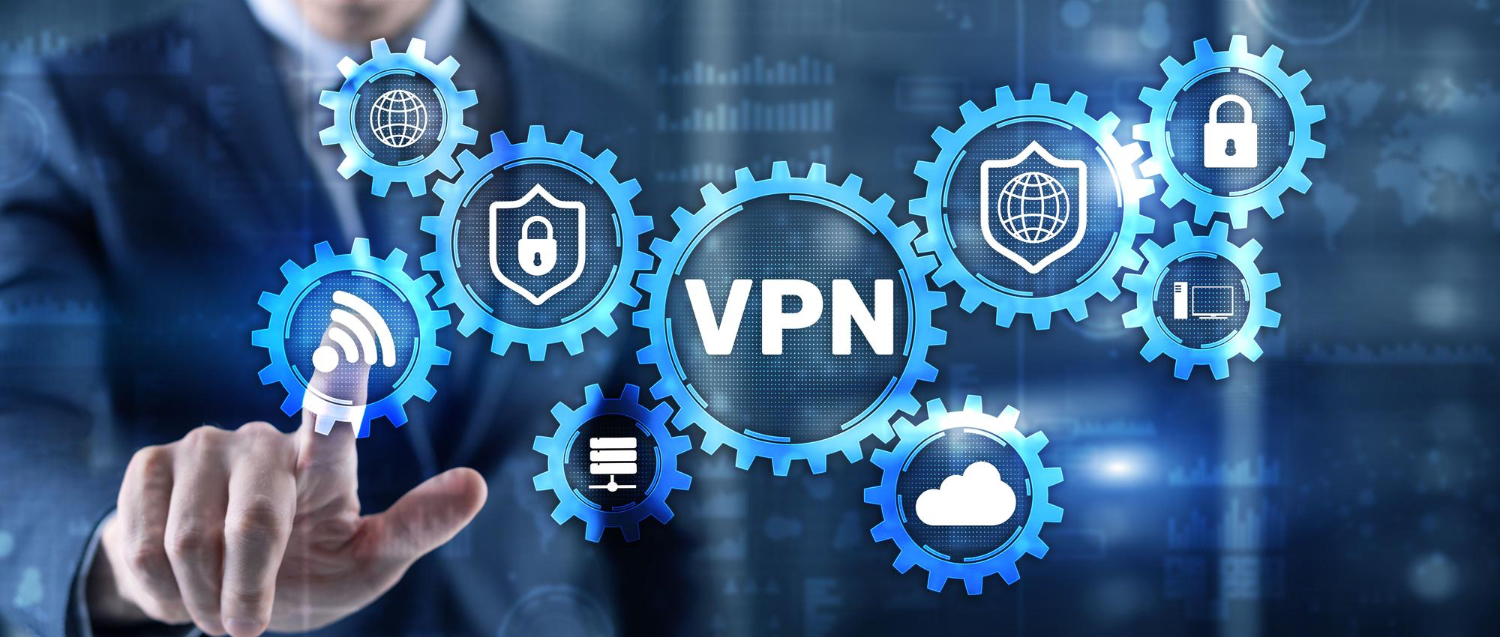Introduction: The emergence of Virtual Private Networks (VPNs) has been nothing short of extraordinary in a time when the internet is used as a battlefield for control as well as a portal to information. This is especially true in less democratic nations, where residents frequently have restricted access to the internet and constant monitoring of their online activity. The widespread use of VPNs in these areas underscores the results and difficulties of negotiating the intricate relationship between technology, politics, and free speech.
Understanding VPNs:
Before delving into the specific context of countries with limited democracy, it’s crucial to understand what VPNs are and how they function. Essentially, a VPN allows users to create a secure connection to another network over the internet. By encrypting their internet traffic and masking their IP addresses, VPN users can effectively conceal their online activities from prying eyes, whether it be government agencies, internet service providers, or malicious hackers.
The Appeal in Restricted Environments:
In countries with limited democracy, where censorship and surveillance are prevalent, the appeal of VPNs is clear. VPNs provide a means for citizens to bypass government-imposed restrictions on content and communication platforms. Whether it’s accessing blocked websites, evading online surveillance, or securely communicating with others, VPNs empower individuals to exercise their right to access information and express themselves freely.
Outcomes of VPN Proliferation:
The widespread adoption of VPNs in countries with limited democracy has led to several notable outcomes:
Access to Information: VPNs enable users to circumvent censorship measures and access a broader range of online content, including news websites, social media platforms, and messaging services.
Enhanced Privacy: By encrypting their internet traffic, VPN users can protect their privacy and anonymity online, shielding themselves from government surveillance and potential repercussions for expressing dissenting views.
Digital Activism: VPNs serve as a tool for digital activists to organize and mobilize online, allowing them to coordinate protests, share information, and raise awareness about political issues without fear of reprisal.
Challenges and Concerns:
Despite their benefits, the prevalence of VPNs in countries with limited democracy also presents challenges and concerns:
Government Crackdowns: Authoritarian regimes often view VPNs as a threat to their control over the flow of information and may take measures to restrict or block VPN usage within their borders.
Technical Limitations: VPNs are not foolproof, and governments may employ sophisticated techniques to detect and block VPN traffic, limiting their effectiveness as a tool for circumventing censorship.
Legal Ramifications: In some countries, the use of VPNs may be illegal or subject to strict regulations, exposing users to legal risks and potential punishment for circumventing government controls.
Privacy Risks: While VPNs can enhance privacy and security, users must be mindful of the privacy policies and data retention practices of VPN providers, as some may log user activity or share data with third parties.
Conclusion:
The rapid proliferation of VPNs in countries with limited democracy underscores the inherent tension between technological innovation and government control in the digital age. While VPNs offer a lifeline for individuals seeking to exercise their rights to access information and express themselves freely online, they also pose challenges and risks in the face of government censorship and surveillance. As the struggle for internet freedom continues to unfold, the role of VPNs will remain pivotal in shaping the future of digital rights and democracy worldwide.


